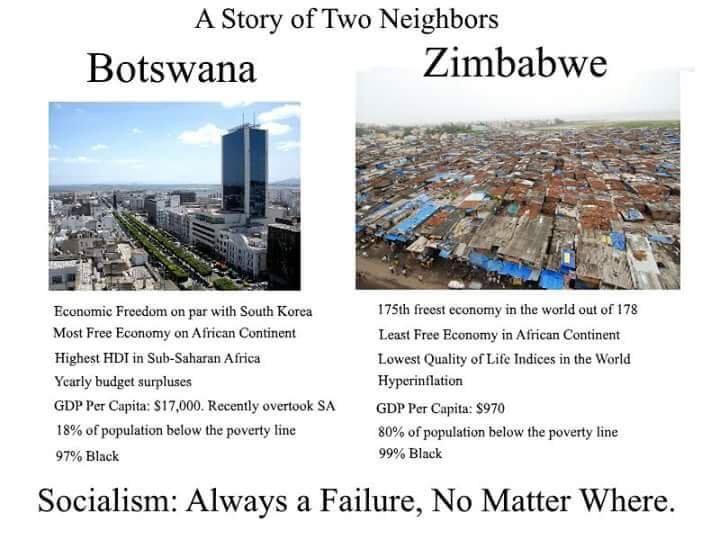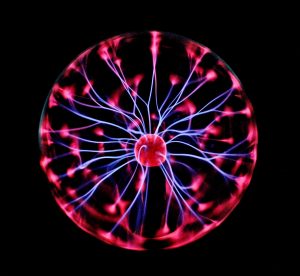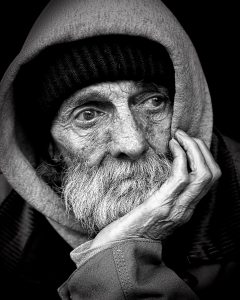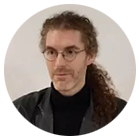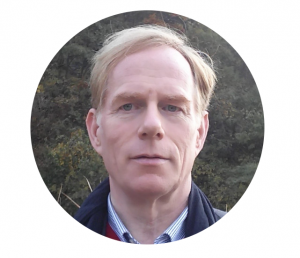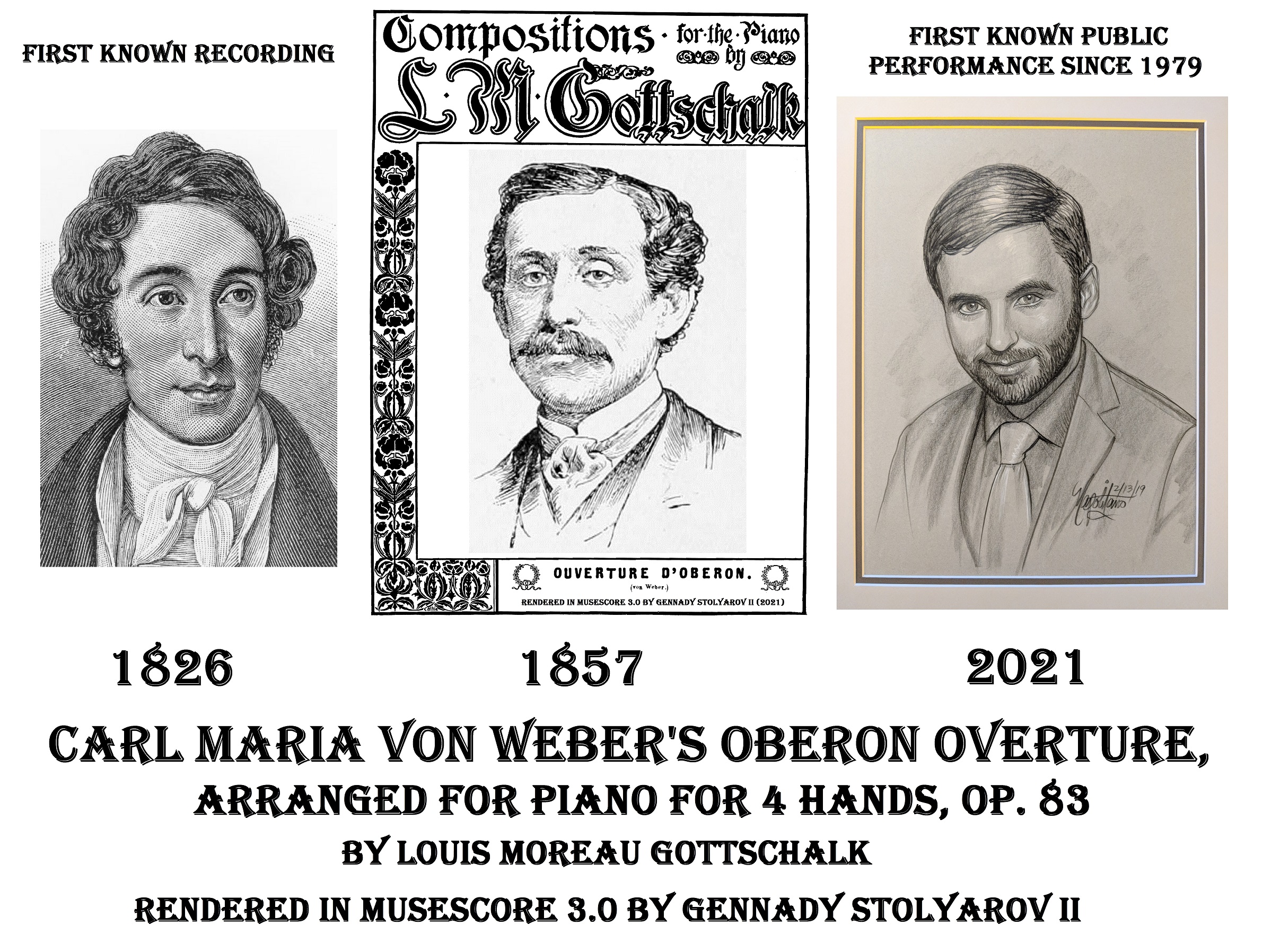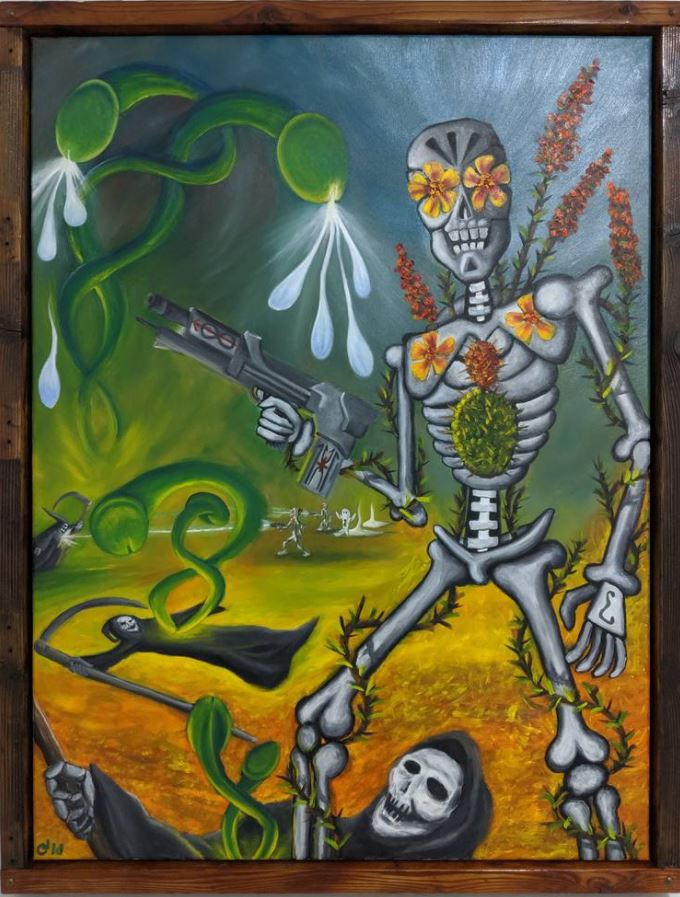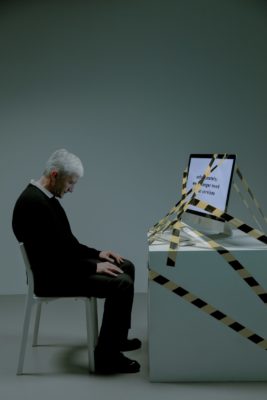The Origins of Transhumanism – Article by Luis Arroyo

Luis Arroyo
Before today’s and yesterday’s prominent figures of the modern Transhumanist movement such as Zoltan Istvan, Max More, and FM-2030 started doing work towards a Transhumanist future [1][2][3], Transhumanism existed as a Proto-Transhumanist movement mainly called Russian Cosmism, Biocosmism, and similar names, courtesy of a Monarchist, countless Communists, Anarchists, and Socialists mainly in the USSR and Eastern Europe [4][5].
Nikolai Fyodorov & Konstantin Tsiolkovsky
The founder of Russian Cosmism, Nikolai Fyodorov, despite being a Monarchist, set a precedent that would line the ranks of Russian Cosmism with Anti-Capitalists such as the aforementioned Communists, Anarchists, and Socialists. He did this in his book titled Common Task, where he called for a struggle against death which would require most human efforts to go toward. This is something that is impossible to achieve via market mechanisms due to, as Albert Einstein called it, the “economic anarchy of capitalist society” [6][7]. Besides this Common Task, after Nikolai Fyodorov came the Father of Space Travel, Konstantin Tsiolkovsky, who was inspired by Fyodorov while studying under him at the Moscow Library as a substitute for not being allowed into school mainly because a loss of hearing via scarlet fever earlier in his life. In those 3 years of contact, Fyodorov would instill a love and dream of space travel, bringing back the dead, and many other pillars of belief that Tsiolkovsky held after his studies with Fyodorov. He would later go on to produce works that inspired leading Soviet rocket engineers Sergei Korolev and Valentin Glushko, who contributed to the success of the Soviet space program [8]. Furthermore, Tsiolkovsky would eventually give a speech in the Red Square to celebrate the Soviet Republics alongside Joseph Stalin, stating, “Now comrades, I am finally convinced that a dream of mine—space travel—for which I have given the theoretical foundations, will be realized. I believe that many of you will be witnesses of the first journey beyond the atmosphere. In the Soviet Union we have many young pilots…(and) I place my most daring hopes in them. They will help to actualize my discoveries and will prepare the gifted builders of the first space vehicle. Heroes and men of courage will inaugurate the first airways: Earth to Moon orbit, Earth to Mars orbit, and still farther; Moscow to the Moon, Kaluga to Mars!” [9]. Tsiolkovsky was awarded the Order of the Red Banner of Labour [10].
Alexander Bogdanov
Then we have Alexander Bogdanov, who, among many activities, co-founded the Bolshevik Party [11]. He used early blood transfusion treatments to treat varying ailments like anemia, burns, and infectious diseases such as tuberculosis. These treatments would allow Bogdanov to reach stature among the various Soviet leaders, including Stalin himself, who heavily funded Bogdanov’s experiments and attempts [12]. He also wrote early Sci-fi books such as Red Star and books relating to the origins of art, its class characteristics, and how it might be created within a revolutionary socialist context like Art and the Working Class [13][14]. Likewise, Bogdanov co-founded Proletkult, an organization whose goal was to provide political and artistic education to workers of the USSR [15].
Alexander Svyatogor
On the other side, there was the Anarcho-Futurist, Universalist, and founder of the Biocosmist-Immortalist movement, Alexander Svyatogor, who, in his work titled The Doctrine of the Fathers and Anarchism-Biocosmism wrote some 23 points of summary and various explanations of his theory. Among the various points Svyatogor wrote were the following: “The supreme good is immortal life in the cosmos. The supreme evil is death […..] The supreme good should be realized by the maximum in creativity. We place particular emphasis on the creative moment in Biocosmism. Personal immortality is not a given, but must be won, realized, created. It is not the restoration of what is lost, as in the Bible, but the creation of what is yet to be. It is not a matter of renewal, but of creativity. The same is true for conquering the cosmos. Immortalism and interplanetarism are the maximal—but not the ultimate—aim. They represent stages and means to an immeasurably great creativity. But this goal lies before us and is, for this reason, the greatest of all.” This showed clearly the intent to achieve both physical immortality and a space-bearing civilization, both central ideas in Russian Cosmism and in the offshoot of Biocosmism.
Additionally, Svyatogor wrote many contributions in Vekhi or Milestones, wrote for the Bolshevik press, worked for the People’s Commissariat, edited the bimonthly journal Biocosmist in Moscow, and published antireligious articles and tracts for the magazine Antireligioznik while in the Central Council of the League of Godless Militants. He also founded the Verticalists group in 1914. In Ukraine, Svyatogor promulgated his tenets of Volcanism, an antecedent to Biocosmism that proclaimed the abolition of death and domination over the universe, under such slogans as “Revaluation of all values!” and “Down with Kant”. In a more hands-on regard, after the February Revolution, Svyatogor moved to Moscow, where he befriended the Anarchist actor Mamont Victorovich Dal’skii. He spent his time expropriating bourgeois apartments until the Bolsheviks appointed him commander of the Black Guards, who were to take part in the events of October 1917 in both Petrograd and Moscow. He joined the group of Anarchist-Futurists who published the Moscow newspaper Anarchy in the spring of 1918, before briefly returning to Ukraine where he fought against the Austrian and German occupiers. The group/ideology of Biocosmism afterward spread to many places including Kharkov, Pskov, Kiev, Omsk, and Irkutsk, eventually organizing 45 poetry readings and debates in Petrograd alone [16].
Overall, without these various individuals, their work, efforts, and the broader Socialist/Communist context they came about in and aided, Transhumanism would likely have not come to full fruition. This is seen today as famously stated by founder of e-flux Anton Vidokle in “God-Building as a Work of Art: Cosmist Aesthetics”: “Sometimes I think that cosmism would not be so interesting if it had not happened against the background of the [socialist] revolution. The nineteenth century was notorious for numerous utopian movements. Some were based on religion or the occult, and others on socialist utopias. There were many such groups and ideologies in almost every country in the world at the time. Had it not been for the revolution in Russia and the total radicalization of society, cosmism would likely remain a kind of peculiar but insignificant development. But the mixture of cosmism and communism, and the acceleration that occurred in Russia just before and after the revolution, were like pouring fuel on a fire” [17].
Luis Arroyo is Vice-Chairman of the New York Transhumanist Party.
References
[1] https://en.wikipedia.org/wiki/Zoltan_Istvan[2] https://en.wikipedia.org/wiki/Max_More
[3] https://en.wikipedia.org/wiki/FM-2030
[4] https://en.wikipedia.org/wiki/Russian_cosmism
[5] https://cosmos.art/cosmic-bulletin/2022/biocosmic-interindividualism
[6] https://en.wikipedia.org/wiki/Nikolai_Fyodorovich_Fyodorov#Philosophy
[7] https://monthlyreview.org/2009/05/01/why-socialism/
[8] https://en.wikipedia.org/wiki/Konstantin_Tsiolkovsky
[11] https://en.wikipedia.org/wiki/Alexander_Bogdanov
[12] https://drvitelli.typepad.com/providentia/2018/11/the-immortality-experiments.html
[13] https://en.wikipedia.org/wiki/Red_Star_(novel)
[14] https://www.iskrabooks.org/art-and-the-working-class
[15] https://en.wikipedia.org/wiki/Proletkult
[17] https://www.e-flux.com/journal/110/335963/god-building-as-a-work-of-art-cosmist-aesthetics/


